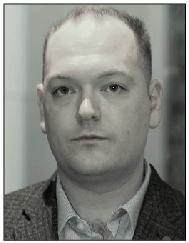 The benefits of running an efficient collection and forensic process extends all the way to the hearings room. The right digital forensics processes up-front can make for a significantly more efficient eHearing. This article explores the new eHearing technologies that close the circle of an efficiently run matter.
The benefits of running an efficient collection and forensic process extends all the way to the hearings room. The right digital forensics processes up-front can make for a significantly more efficient eHearing. This article explores the new eHearing technologies that close the circle of an efficiently run matter.
While the legal industry has especially struggled to keep up with the technological advances of the digital era, our eHearings team is swiftly transforming this perspective. The future is looking smarter, faster and sharper for lawyers who embrace the cutting-edge technology and services now available via our eHearings team.
Benefits for Document Management
New technologies enable simple creation of tender bundles for hearings, providing efficient ways to create and order evidence in bundles, with automatic indexes available online and offline. Also, documents in an eHearings system are now searchable on almost any criteria, including words or phrases as well as metadata behind the document. This contrasts the traditional digital file where a name or date is needed to search. This digital document platform is a valuable asset for time poor counsel.
Benefits for Evidence Presentation
Digging through folders every time a document is referenced wastes precious minutes. With an offline, coded document system, an experienced hearing operator can retrieve documents in seconds and display them on monitors across the hearing for the judge, parties and witness to view simultaneously. Adding real-time transcription allows everyone to monitor every word said during proceedings and review them later when the transcript is uploaded to the shared workspace. Hyperlinked indices of every document can be prepared in a hearing book, made to design specifications, that allow parties or the judge to quickly find documents and their metadata, describing date, origin and other details, and open that document with a single click.
Digital Jury Books
The jury must view evidence alongside counsel and not draw premature conclusions. Juries also need to easily move between documents in the confines of the jury box when given cumbersome evidence binders. A digital jury book significantly simplifies evidence management by using password-protected tiers of evidence that give the judge and parties control over which evidence is viewed and when. Everyone in proceedings can annotate the documents and move between unlocked documents, allowing jurors to access documents quickly. In-built security procedures lockdown all networks and outputs from the devices; ensuring document security.
Webcast Hearings to the Public
Many people who wish to attend public proceedings are unable to due to issues surrounding location, work, mobility and transport. This can limit the transparency of proceedings. Web-casting technology removes these barriers and truly makes hearings public. Our experienced videographers and legal technologists can webcast a hearing at broadcast quality. A polished production can be streamed online and archived for future reference.
Streamlining the Proceedings
From the pre-hearing phase, to the commencement of the hearing and the conclusion of the matter, our eHearings Consultants will be ready to facilitate the smooth operation of your matter and assist with evolving requirements.
We can reduce the sheer complexity of the hearing processes and document management, and facilitate an effortless experience, allowing professionals to focus on the practice of law. It sounds almost idyllic — a completely streamlined process, but with the integration of eHearings services, high-quality purpose-designed solutions and the support of our highly trained eHearings team, this convenience and efficiency is now a reality.
Custom Made Solutions
Our eHearings team prides itself in creating high-quality solutions to make your legal processes easier. If you have further requirements, we enjoy innovating purpose-built solutions. We can modify our integrative technologies and innovate solutions to expediate court processes and law procedures. Our experienced team of legal technologists will design the most appropriate eHearings solution. We have diverse experience assisting law firms, in-house counsel and government departments with our digital technologies and know how to devise solutions that can expediate the operation of proceedings.
eHearings can reduce costs, increase efficiency and give everyone more time to focus on the content of the case. The future of proceedings is eHearings — and the technology is available today.
_________________________________________
Law In Order is the premier provider for eHearing Services in Asia, located within Maxwell Chambers Suites Singapore and close to the Hong Kong Arbitration Centre. Supporting our service offering to hearings, Law In Order has fully equipped service bureaus in Sydney, Melbourne, Brisbane, Perth and Singapore and is the only Australian provider to offer complete end to end services in electronic evidence and hard copy processing.
_________________________________________
By Nicholas Wilson
E: nicholas.wilson@lawinorder.com
W: www.lawinorder.com.sg
_________________________
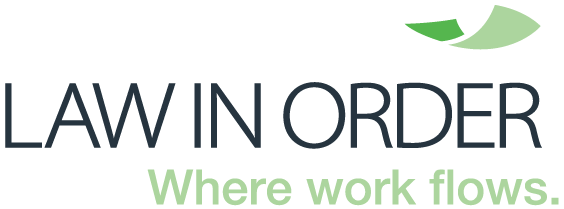
3 Phillip Street, #17-01, Royal Group Building, Singapore 048693
T: (65) 6714 6655
E: singapore@lawinorder.com
W: www.lawinorder.com.sg
Unit 901, 9/F, Beautiful Group Tower, 74-77 Connaught Road Central, Sheung Wan, Hong Kong
T: (852) 5803 0000
E: hongkong@lawinorder.com
W: www.lawinorder.com.hk







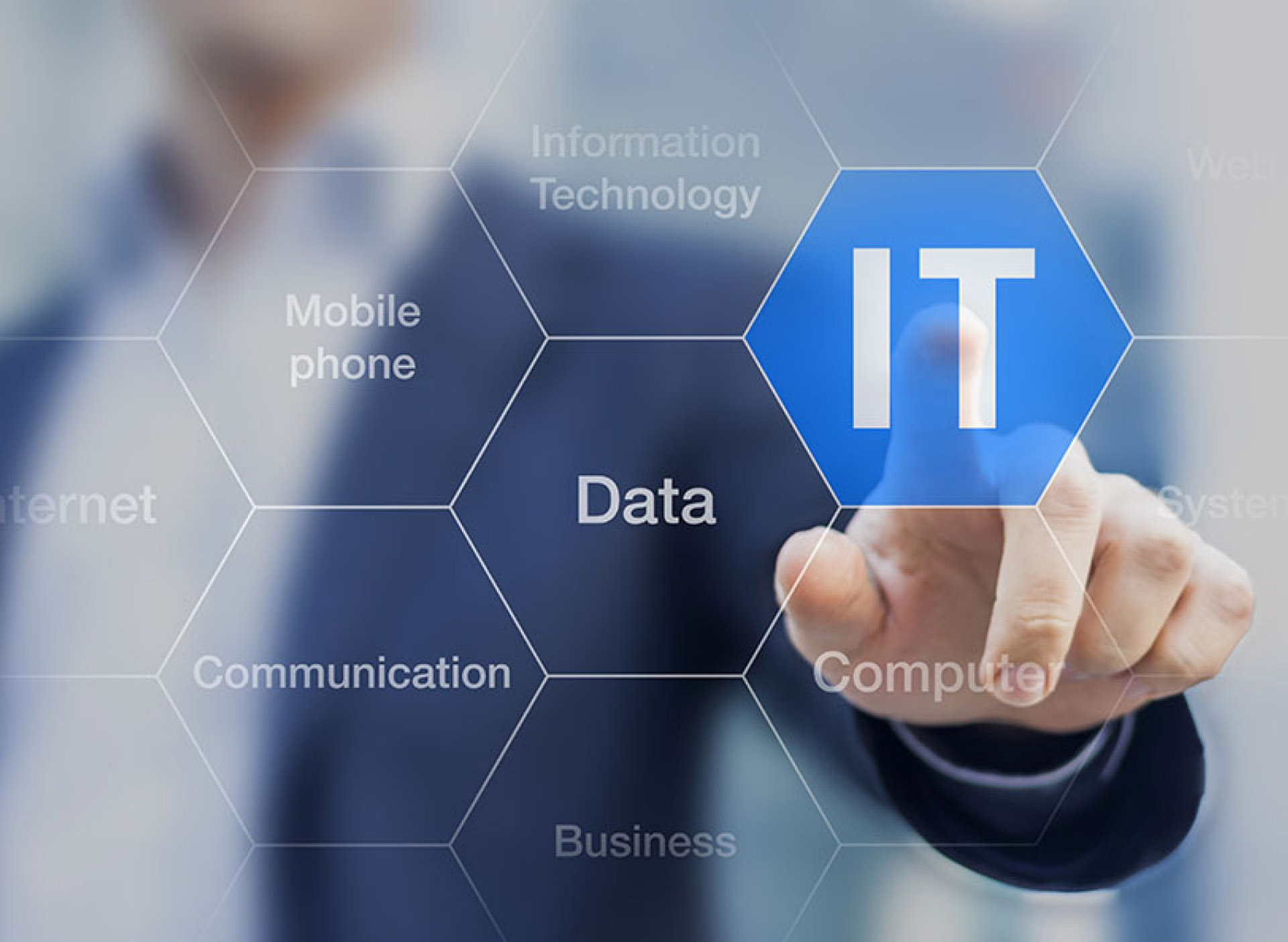







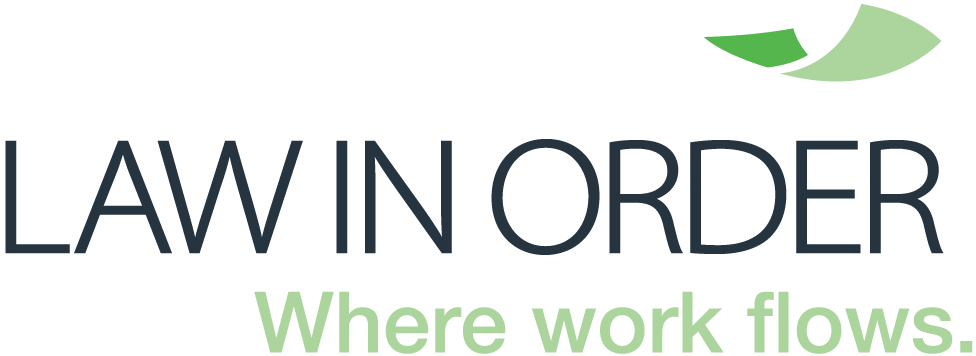








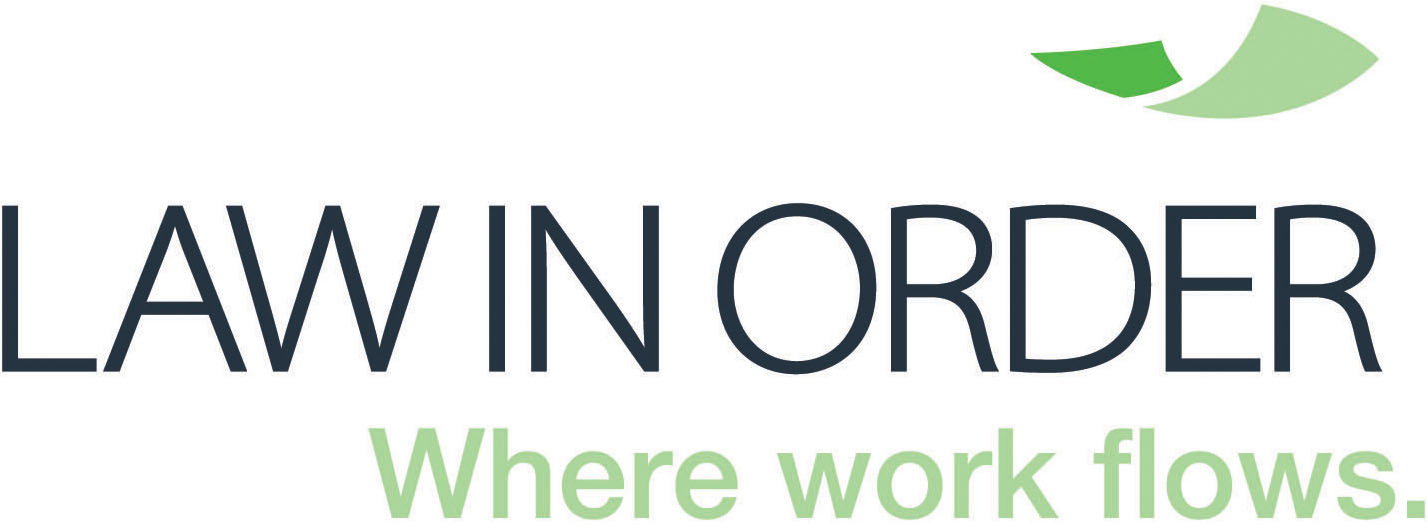 Law In Order
Law In Order Julian McGrath
Julian McGrath



